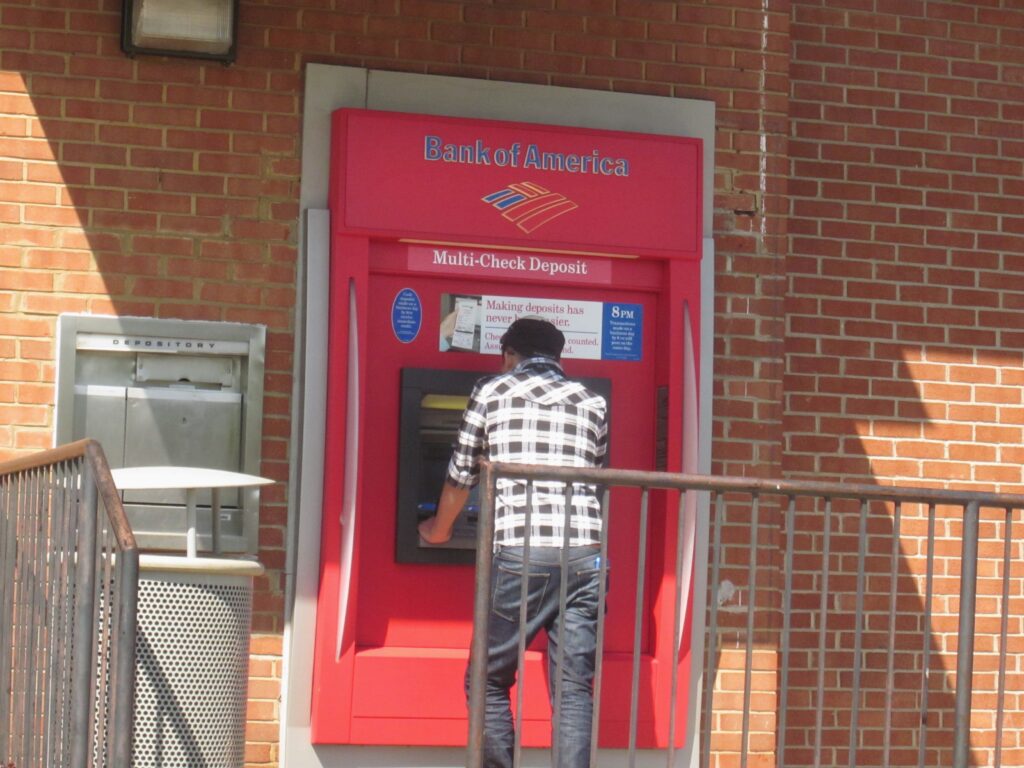Crypto scammers are targeting the elderly

Eleven people, most of them elderly, have lost thousands of dollars to crypto-related scams in the last couple of months, the Fairfax County Police Department reports.
In one case, a 76-year-old victim was scammed into depositing $21,000 into a crypto ATM on Nov. 15. Another victim, age 86, was scammed out of $25,000 on Nov. 30. The most recent crypto ATM scam happened on Dec. 10.
In these crimes, scammers call victims and pose as legitimate entities, businesses, or even government agencies. Scammers then use varying deceptions to convince victims to deposit funds into a crypto ATM or convert money into gift cards or other forms of payments that are difficult to trace or recover.
These criminals often prey on the elderly, taking advantage of their trust and lack of familiarity with the digital currency landscape. Not all the victims were elderly, though; a 23-year-old lost $1,000 in a crypto ATM scam.
The police department urges people, especially seniors, to remain vigilant and follow these tips to prevent themselves from being scammed:
- Verify caller identities – always confirm the identity of the person or organization contacting you, especially if they request personal information or financial transactions. Apple, Microsoft, Norton, MacAfee, eBay, PayPal, Amazon, and Google never call people and ask for payment.
- Be skeptical of unsolicited calls – Anyone who calls asking for payments with gift cards of any kind (Greendot, iTunes, Google Play, Target, or Walmart, for example) is probably a scammer. Other fraud indicators are requests for money through wire transfers such as MoneyGram, Western Union, Zelle, Venmo, or CashApp.
- Consult with people you trust – Talk to trusted family members or friends before making any financial decisions, especially those involving large sums or unfamiliar technologies.
- Don’t share personal information – Never share personal or financial information over the phone unless you initiated the call and are certain of the recipient’s legitimacy.
- Use trusted platforms – When dealing with Bitcoin or other digital currencies, use reputable and well-established platforms for transactions.
- Don’t trust money requests from public agencies – Law enforcement agencies don’t call people asking them to pay money to avoid arrest or post a bond. Other common scams include notices of missing jury duty or a federal agent calling to say your name and identity have been discovered being involved in criminal activity or money laundering.
- Don’t give anyone remote access to your computer – Scammers pretending to be from Amazon, Apple, Microsoft, Google, or other companies call people asking for remote access to their computer to “fix” a problem or attempt to refund money for an alleged fraud charge. Scammers promise to refund the money to your bank account but steal it instead.
If you have been a victim of a financial crime, file a report through the FCPD’s Financial Crimes Online Reporting System. You can also call the police non-emergency line at 703-691-2131. Learn more about scams here.

